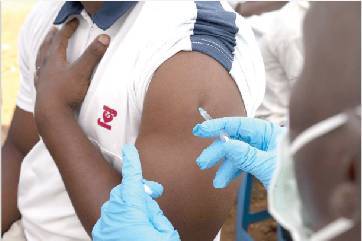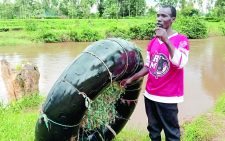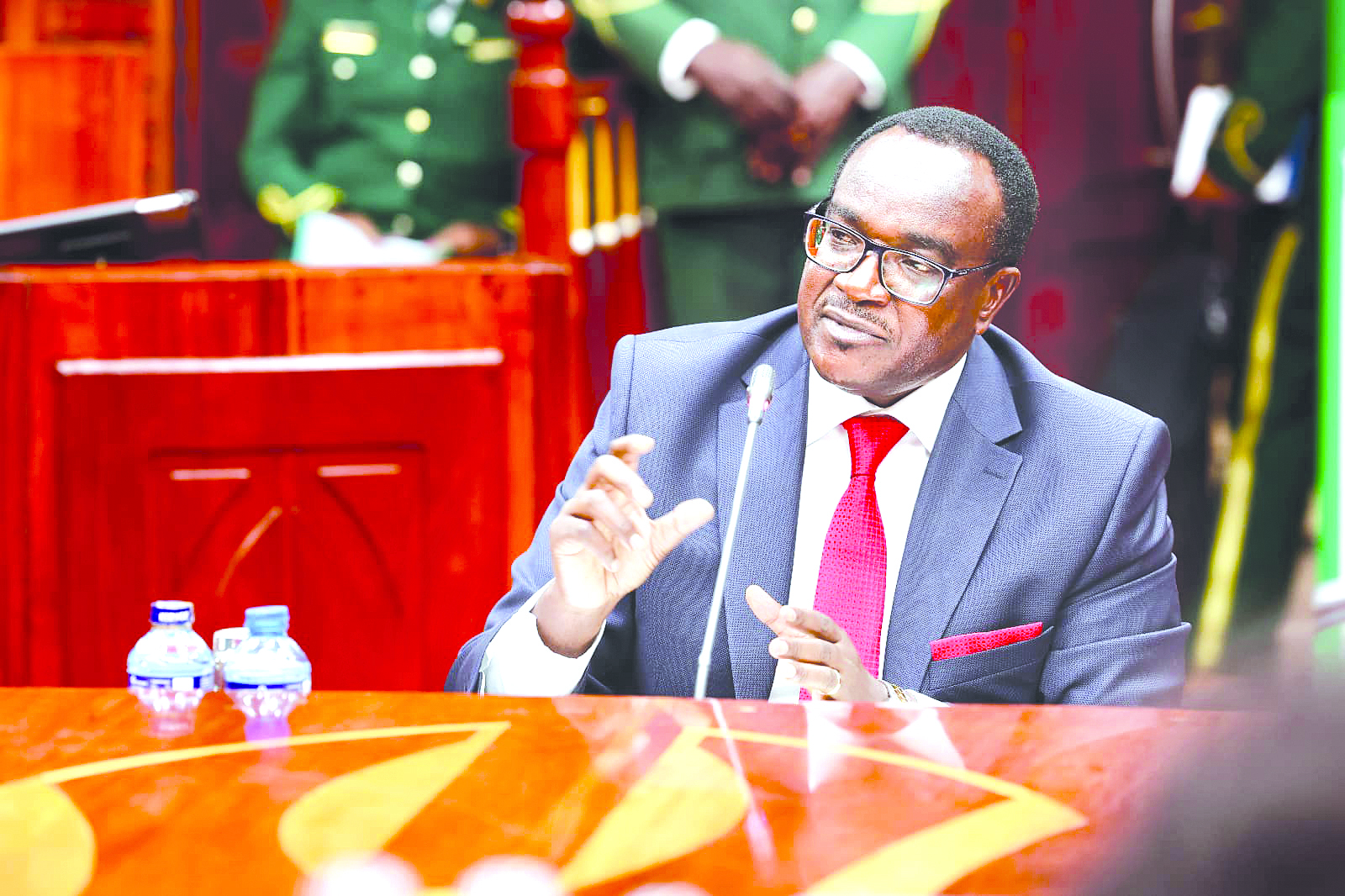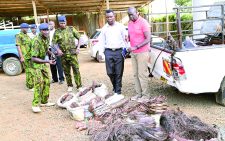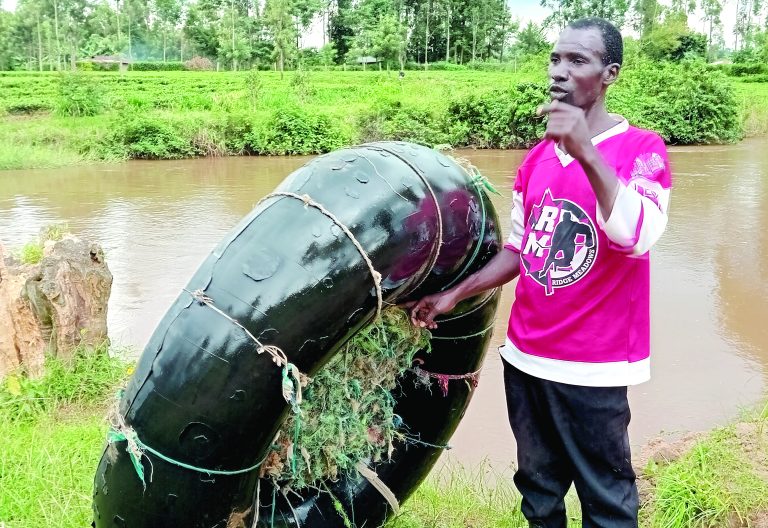How woman is using sanitary towels to make face masks

On a normal day, Beatrice Muta Githinji’s homestead at Parklands is usually not a busy place.
However, for the past one week the place has been a buzz of activities as she and some of her employees try to make as much face mask as possible.
Beatrice is the founder of Saidia Dada project a non-governmental organization which produces environmental friendly sanitary towels to support poor girls on menstruation period in various parts of Africa.
However, despite having such a big role to play she has decided to stop temporarily all sanitary towel production and she has started producing face mask to support government fight coronavirus and save lives of Kenyans who cannot afford to buy a mask and other protection gears during the COVID-19 pandemic.
“Our face masks will be given to street families, jobless Kenyans, orphanages and all other poor Kenyans who need protection gears but they cannot afford for free,” she said.
Beatrice who has been into sanitary towel production says that the idea of coming up with a face mask was born after she realized that the raw materials used to make sanitary towels can as well be used to make a face mask.
With enough stock of such material, she decided to do her part to help the government fight the virus by producing face mask one of the recommended protective gear.
“I realized that as an organization the only way we can support our government fight coronavirus is by partnering with them and providing the necessary gears required,” she says.
Currently, Beatrice and her six employees are making about 2,500 face masks daily from unused sanitary towels but they can produce up to 10,000 masks per day with enough raw materials.
“Currently we are using what we had stocked for our project but those materials might not last for long considering that masks are on high demand. If we get well-wishers who can supply us with raw materials such as cotton wool, woven material and sewing machines we will be happy,” she said.
The mask according to her are effective when it comes to preventing the virus since they have high ventilation, are comfortable and body-friendly and they are fitting in terms of size.
Apart from making the masks Beatrice and her team are also educating Kenyans the importance of having personal protective gears and dangers involved for not having such gears especially in the informal settlement where social distancing is a challenge.
Her call to other entrepreneurs is that they should stop complaining about the government directive but instead, they should ensure Kenyans have enough personal protective gears wherever they are.


